In this classic post from 2017, Adrienne Fitzer broke down the then serious problem of professional use of social media and client confidentiality for behavioral, mental, and medical health professionals, and the guidance offered by ethics codes. The post is one of the most read in the ABAC blog history.
Are you violating your ethics code?
As behavioral and mental health, education, and medical professionals, how often do we think about what we post on social media and client confidentiality? Likely not enough. In fact, seemingly harmless social media posts raise important ethical considerations we need to confront as professionals. As we know, our work adheres to ethics codes put into place by our professional organizations. We need to think about our ethics codes when we post about our work on social media.
Here’s a sobering truth that hits home for all of us: if you are a professional who has posted a client question in a social media group, closed, open, or secret, you potentially violated your ethics code, professional standards, professional guidelines, and/or the law. We’ve all likely made a mistake with social media and client confidentiality despite our noble intentions.
How does this happen to professionals like applied behavior analysts, psychologists, occupational therapists, and the like?
Just this morning, a certified professional posted a question about a situation involving two individuals at work: a child and an adult. Because that person has their place of work publicly posted on their Facebook profile and gave such specific information about the case, anyone who is familiar with the poster’s place of employment could easily figure out who the post was about (not to mention specific information regarding the child’s treatment plan). Although I know this person meant no harm and probably truly needs help, I recommended the post be deleted because of the confidentiality breach and that she contact her supervisor before posting in the future. I am happy to report the post no longer exists. Most issues regarding social media and client confidentiality occur accidentally.
Social Media, Ethics Codes, and Client Confidentiality
If you have clients and are in the mental, behavioral, or medical fields, you cannot post identifying information about clients. You just can’t. If you aren’t sure about what counts as personally identifiable information, please read up on local and federal laws regarding the subject, contact a supervisor or mentor, or email me. I will happily set up a time to talk about personally identifiable information with you.
Everyone else, regardless of your professional designation, please read on and please share this post. Every person working with children and adults in the mental health, behavioral health, or medical health fields should have a full picture of our joint professional and ethical responsibility in this area.
The American Psychological Association published an extensive document titled Guidelines for the Practice of Telepsychology.
In this document they state:
Psychologists who use social networking sites for both professional and personal purposes are encouraged to review and educate themselves about the potential risks to privacy and confidentiality and consider utilizing all available privacy settings to reduce these risks. They are also mindful of the possibility that any electronic communication can have a high risk of public discovery. They, therefore, mitigate such risks by following the appropriate laws, regulations and the APA Ethics Code (APA, 2010) to avoid disclosing confidential data or information related to clients/patients.
The American Medical Association Policy: Professionalism in the Use of Social Media
The first consideration listed:
(a) Physicians should be cognizant of standards of patient privacy and confidentiality that must be maintained in all environments, including online, and must refrain from posting identifiable patient information online.
In the Practical Suggestions for Best Practices section the AMA includes:
3. Protect Patient Privacy. Disclosing information about patients without written permission, including photographs or potentially identifiable information, is strictly prohibited. These rules also apply to deceased patients and to posts in the secure section of your Facebook page that is accessible by approved friends only.
The Behavior Analyst Certification Board Professional and Ethical Compliance Code
2.06 (e) makes it clear that sharing of identifying information on social media is explicitly forbidden:
(e) Behavior analysts must not share or create situations likely to result in the sharing of any identifying information (written, photographic, or video) about current clients and supervisees within social media contexts.
The Code of Ethics of the National Association of Social Workers
Section 1.07 includes 17 clauses regarding privacy and confidentiality, which is so complete that it includes the following statements:
1.07 (b) Social workers may disclose confidential information when appropriate with valid consent from a client or a person legally authorized to consent on behalf of a client.
1.07 (i) Social workers should not disclose confidential information in any setting unless privacy can be ensured. Social workers should not discuss confidential information in public or semi-public areas such as hallways, waiting rooms, elevators, and restaurants.
In addition, the National Association of Social Workers and the Association of Social Work Boards published a 28-page document titled NASW & ASWB Standards for Technology and Social Work Practice This is an excellent resource and should be read by all professionals, social workers or not.
The National Board for Certified Counselors Code of Ethics has THREE directives on the use of social media.
- NCCs shall recognize the potential harm of informal uses of social media and other related technology with clients, former clients and their families and personal friends. After carefully considering all of the ethical implications, including confidentiality, privacy and multiple relationships, NCCs shall develop written practice procedures in regard to social media and digital technology, and these shall be incorporated with the information provided to clients before or during the initial session. At a minimum, these social media procedures shall specify that personal accounts will be separate and isolated from any used for professional counseling purposes including those used with prospective or current clients. These procedures shall also address “friending” and responding to material posted.
-
NCCs shall not use social media sources (e.g., updates, tweets, blogs, etc.) to provide confidential information regarding client cases that have not been consented to by the client. To facilitate the secure provision of information, NCCs shall inform clients prior to or during the initial session about appropriate ways to communicate with them. Furthermore, NCCs shall advise clients about the potential risks of sending messages through digital technology and social media sources.
-
NCCs who use digital technology (e.g., social media) for professional purposes shall limit information posted to that which does not create multiple relationships or which may threaten client confidentiality.
Finally, I happen to like A nurse’s guide to the use of social media a lot. It is put together in a nifty brochure format and gives case examples that could apply to any professional in our related fields. It also includes a great section titled “How to avoid disclosing confidential patient information.” While you may not be a nurse, I highly recommend checking out this resource (and all of the above resources) and consider including it in your staff training/professional development materials.
Finally, if in doubt, just don’t post about work on social media. If you need to talk, email me at adrienne@abacnj.com, and I can try to match you with a person who can answer your question if I can’t.
This is still a huge problem. If you are interested in social media and client confidentiality, check out Adrienne’s most recent post on the topic More on Social Media and Client Confidentiality: A 2021 Update
References
American Medical Association (2012). AMA policy: Professionalism in the use of social media. Retrieved from https://mededu.jmir.org/article/downloadSuppFile/4886/28296
American Psychological Association (2013). Guidelines for the practice of telepsychology. American Psychologist. Retrieved from https://www.apa.org/pubs/journals/features/amp-a0035001.pdf
Behavior Analyst Certification Board (2014). BACB professional and ethical compliance code for behavior analysts. Retrieved from http://bacb.com/wp-content/uploads/2016/03/160321-compliance-code-english.pdf
National Association of Social Workers (1996/2008). Code of ethics of the National Association of Social Workers. Retrieved from https://www.socialworkers.org/pubs/code/code.asp
National Association of Social Workers and Association of Social Work Boards (2005). NASW & ASWB standards for technology and social work practice. Retrieved from http://www.socialworkers.org/practice/standards/technology.asp
National Board of Certified Counselors (2016). National Board for Certified Counselors (NBCC) Code of ethics. Retrieved from http://www.nbcc.org/assets/ethics/nbcc-codeofethics.pdf
National Council of State Boards of Nursing (2011). A nurse’s guide to the use of social media. Retrieved from https://www.ncsbn.org/NCSBN_SocialMedia.pdf





